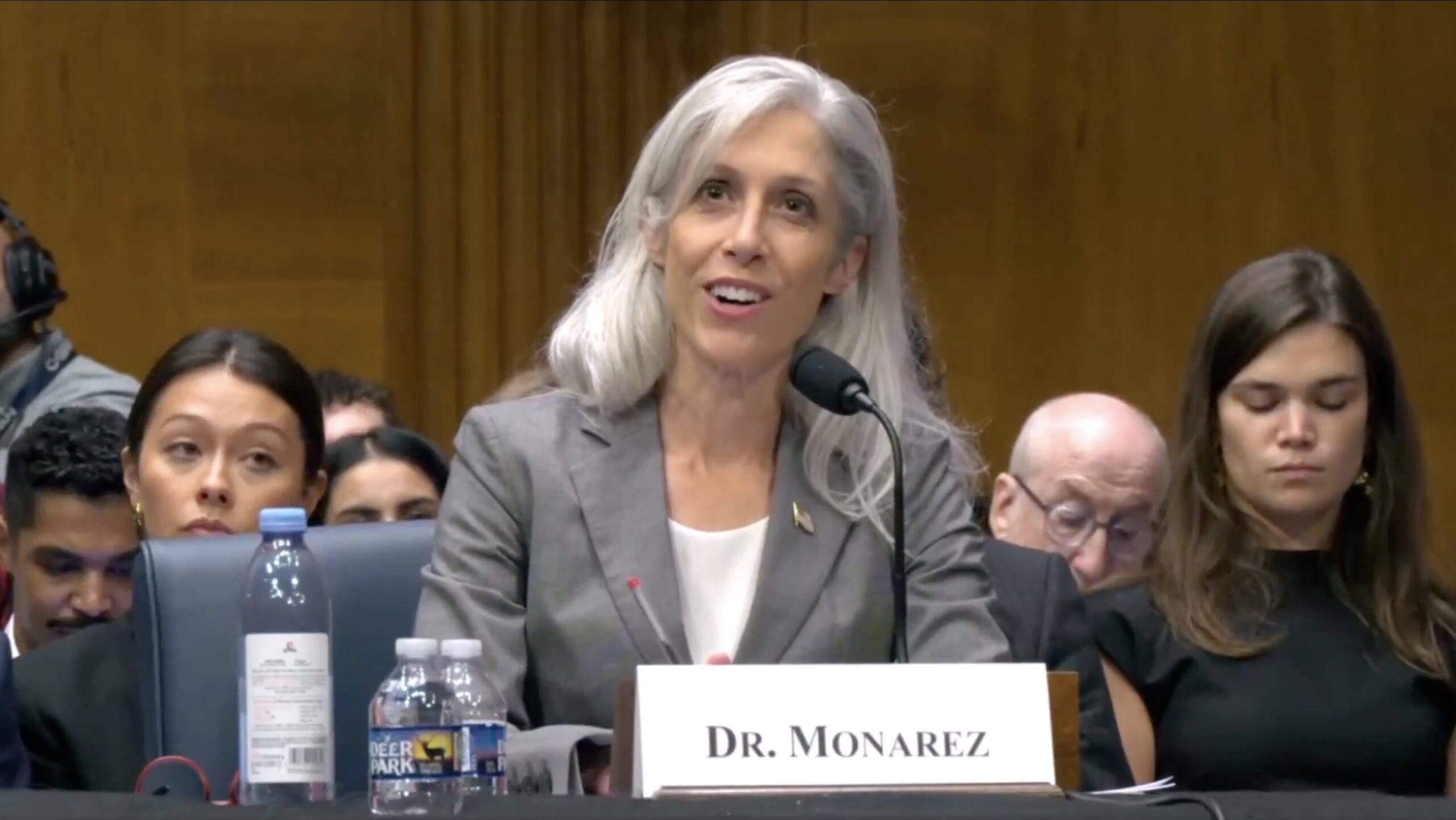
This is often the case when dealing with incomplete information. But sometimes, there might have been other factors at play which a simple question with a complex answer could have addressed: Do I want to do it or do I want to be praised for it? There can be overlap, but the answer to this question brings us to our primary motivation.
The crux of this question comes to internal motivations as opposed to external ones. We all know how people respond to what we do often says something about them rather than us, but perceived slights or temporary adulation might still impact us. How can we work on making better decisions for ourselves, irrespective of the results?
Gain clarity around what financially is important to you by making a list of what you want and why you want it. For example, there are many reasons why you might donate to charity: You feel it is important to give back, you have causes that you believe are under supported, you wish to reduce taxes, you want recognition as someone who gives back, you find community with people with similar interests, you feel responsible because a friend asked you.
Understanding your motivations can help you make decisions that are consistent with your values. Any of these reasons might creep into your decision; don’t judge yourself by them. When you move forward with your gifts, assess how they made you feel, whether the impact was lasting or transitory and what you would continue or change about your decision. Sitting down once a year to review the organizations you are interested in supporting gives you perspective on these choices. This can also help you see to which categories you are most drawn.
Do I want to do it or be praised for it can leak into the homes we buy, the cars we drive, the trips we take, the education we provide our children. Clients are often frustrated when they feel something they have done doesn’t earn full appreciation or if the degree of response was different from what they had expected. Or it doesn’t seem like it’s ever enough. If you think it through, “enough for you” might actually be more than enough.
The official definition of long-term unemployed is those looking for work for six months and longer. In August, the long-term unemployed reached a post-pandemic high of more than 1.9 million.
“Do I want to do it or do I want to be praised for it?” There can be overlap, but the answer to this question reveals primary motivation.



